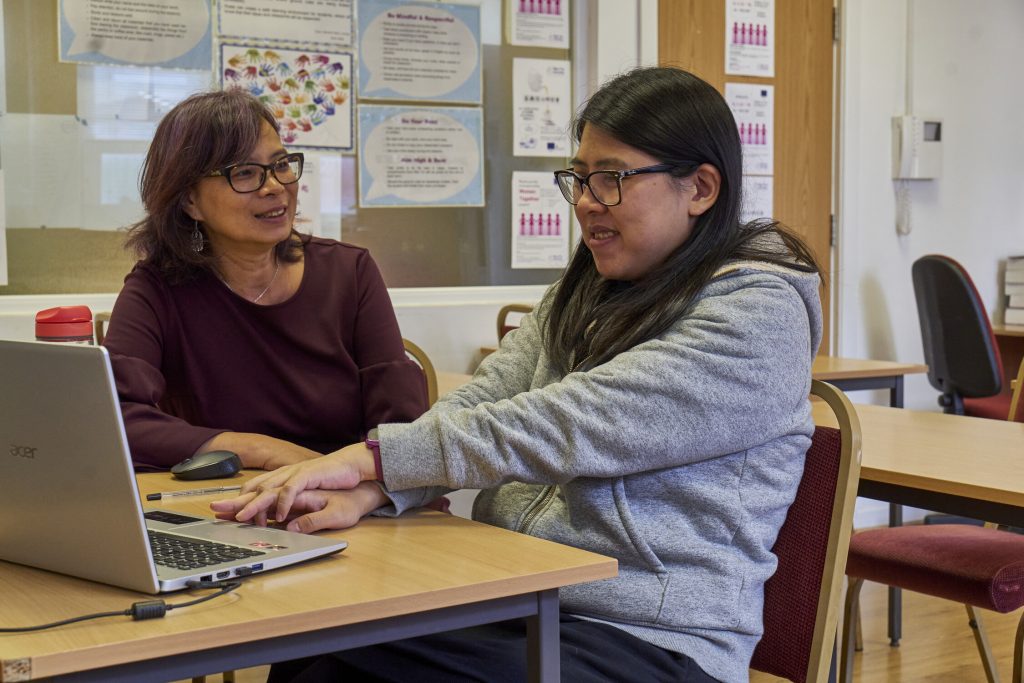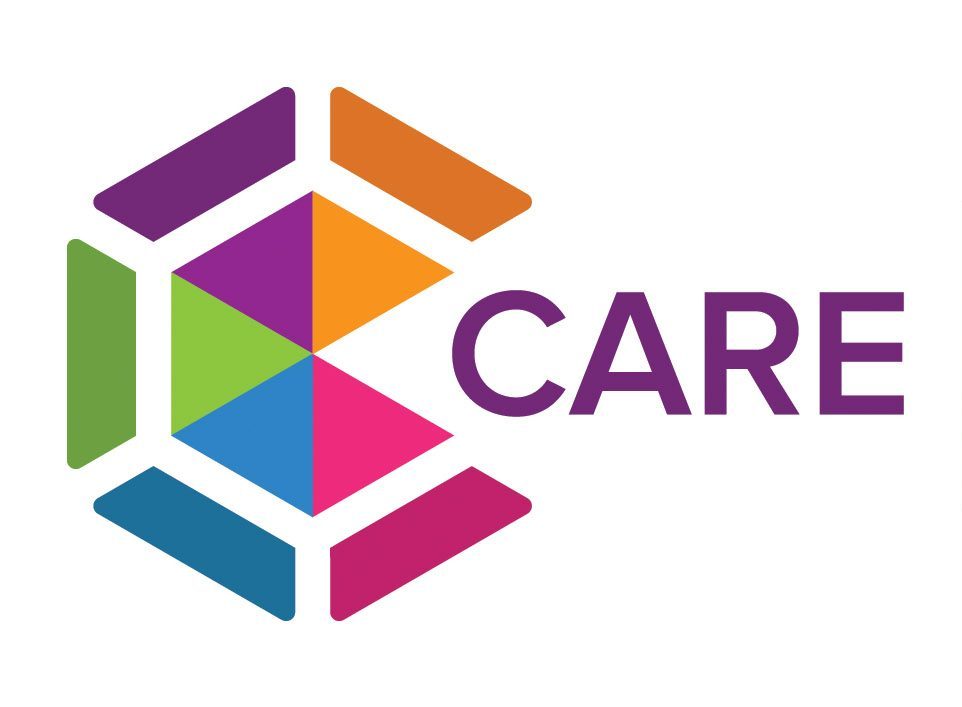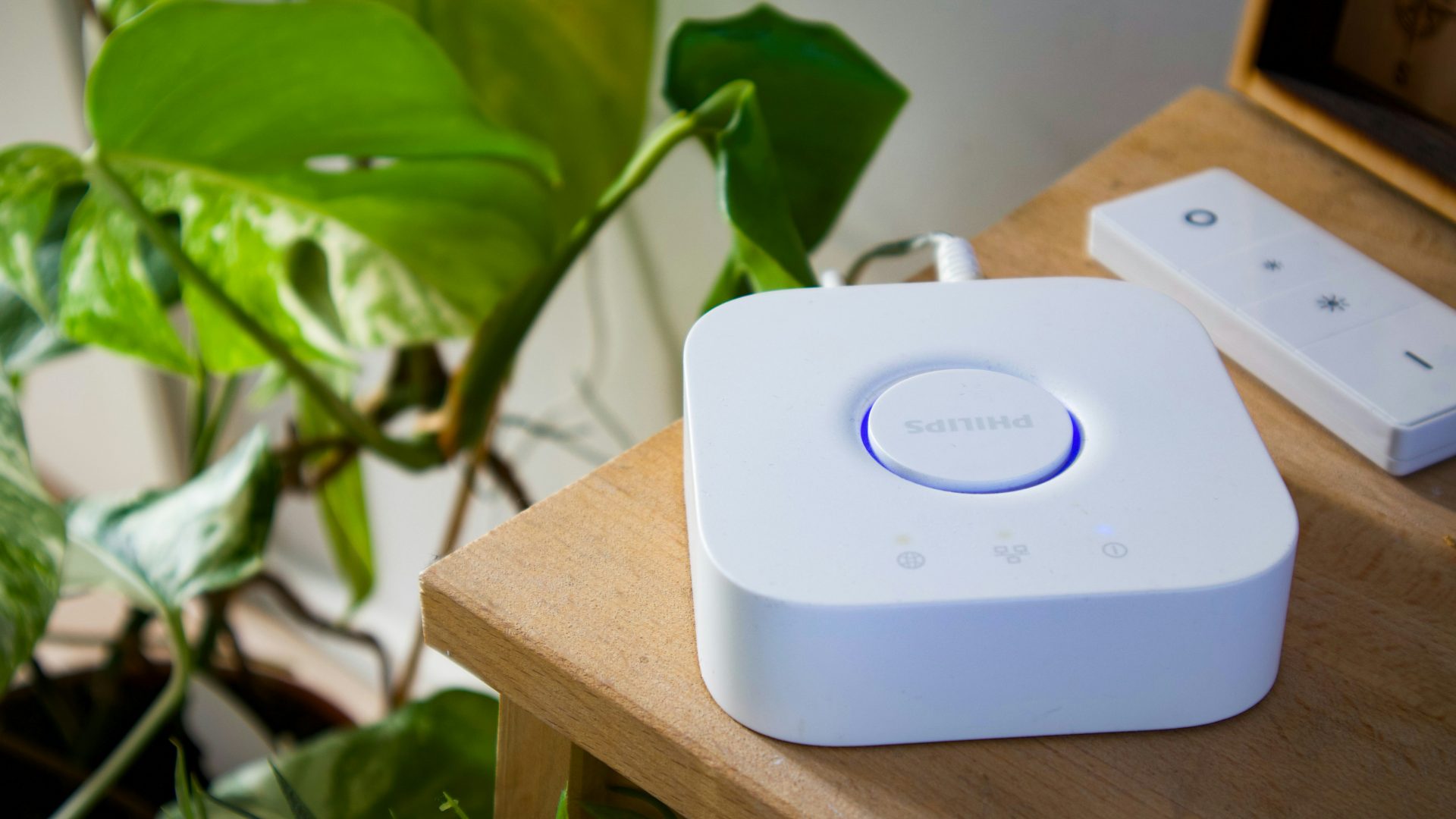by Rachel Stevenson
During my time at CARE, I assisted with analysis of transcripts, field notes and visual data collected by Dr Sofia Vougiokalou and Dr Roser Beneito-Montagu in the ‘Innovating Assistive Technology for Dementia’ research project.
The main themes I have identified through my analysis were concerns over the quality of care provided by social services and issues around communication and accessibility to these services, particularly within the deaf community. The importance of person-centred care and understanding intersectionality by having true representation of experience also emerged as key themes. The needs of individuals are different, and dementia cannot be treated with a “one size fits all” approach, highlighting the importance of co-production in both research and technology design. Advocacy groups are important in reducing the stigma and shame that surround a dementia diagnosis, highlighting the value of community.
Certain barriers, including the cost of purchasing and maintaining technology and usability issues, reduce the adoption of assistive technologies into daily routines. Additionally, carers are key facilitators of technology use, and so a lack of understanding or previous experience will limit how frequently these technologies are used. The data analysis identified three overarching themes: autonomy, social connection, and safety. Autonomy relates to the choice of which technologies are both beneficial and comfortable to use. A benefit noted by most participants was access to social connections. Technologies can help with communication, widen network support, and reduce feelings of isolation. This digital social engagement should be supplemented with in-person sensory engagement and connection to be truly beneficial.
The theme of safety arises from the surveillance aspect of assistive technology. Carers often use text messages, sensors or video cameras to monitor the person they are providing care for, giving them peace of mind that the person is safe which can reduce stress in the carer. However, participants noted the tension between the safety aspect of technology with how this affects personal autonomy and the right to privacy.
The skills I acquired from my experience were independent working, critical thinking to interpret data and codes, reflexivity on my findings, and using the NVivo application to support me through this qualitative analysis. Beyond this analysis, I had the opportunity to assist with the coordination of an interview process, present my findings to the team and write an academic report on my findings. I am thankful to both the CARE team and Dr Vougiokalou for the opportunity to work on this research and making my time at CARE so enjoyable.
Related links


